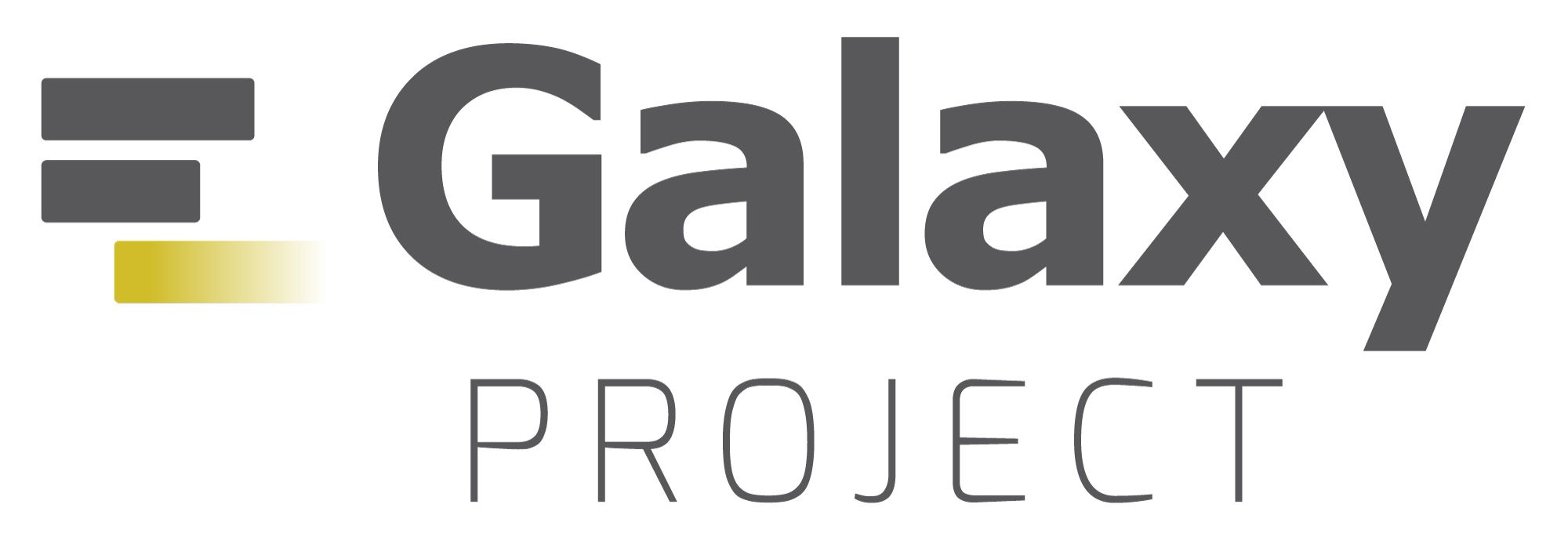data <- read.csv(gx_get(4), sep="\t")
DEBUG:root:Host IP determined to be b'172.17.0.1\n'
DEBUG:root:TestURL url=https://usegalaxy.eu obj=False
/opt/miniconda/lib/python3.9/site-packages/bioblend/galaxy/histories/__init__.py:120: FutureWarning: The history_id parameter is deprecated, use the show_history() method to view details of a history for which you know the ID.
warnings.warn(
DEBUG:urllib3.connectionpool:Starting new HTTPS connection (1): usegalaxy.eu:443
DEBUG:urllib3.connectionpool:https://usegalaxy.eu:443 "GET /api/histories HTTP/1.1" 401 61
DEBUG:root:TestURL url=https://usegalaxy.eu state=failure
DEBUG:root:TestURL url=http://b'172.17.0.1':8080 obj=False
DEBUG:urllib3.connectionpool:Starting new HTTP connection (1): b'172.17.0.1':8080
DEBUG:root:TestURL url=http://b'172.17.0.1':8080 state=failure
Traceback (most recent call last):
File "/usr/local/bin/get", line 19, in <module>
results = get( args.id, args.identifier_type, args.history_id )
File "/opt/miniconda/lib/python3.9/site-packages/galaxy_ie_helpers/__init__.py", line 167, in get
gi = get_galaxy_connection(history_id=history_id, obj=False)
File "/opt/miniconda/lib/python3.9/site-packages/galaxy_ie_helpers/__init__.py", line 100, in get_galaxy_connection
raise Exception(msg)
Exception: Could not connect to a galaxy instance. Please contact your SysAdmin for help with this error
Error in file(file, "rt") : cannot open the connection
In addition: Warning message:
In file(file, "rt") :
cannot open file '/import/4': No such file or directory
> put('./my_file.tsv', file_type="tabular")
Error in put("./my_file.tsv", file_type = "tabular") :
could not find function "put"
> gx_put('./my_file.tsv', file_type="tabular")
DEBUG:root:Host IP determined to be b'172.17.0.1\n'
DEBUG:root:TestURL url=https://usegalaxy.eu obj=True
DEBUG:urllib3.connectionpool:Starting new HTTPS connection (1): usegalaxy.eu:443
DEBUG:urllib3.connectionpool:https://usegalaxy.eu:443 "GET /api/histories/cb19bec6de47c5f8 HTTP/1.1" 401 61
DEBUG:root:TestURL url=https://usegalaxy.eu state=failure
DEBUG:root:TestURL url=http://b'172.17.0.1':8080 obj=True
DEBUG:urllib3.connectionpool:Starting new HTTP connection (1): b'172.17.0.1':8080
DEBUG:root:TestURL url=http://b'172.17.0.1':8080 state=failure
Traceback (most recent call last):
File "/usr/local/bin/put", line 17, in <module>
put( args.filepath, file_type=args.filetype, history_id=args.history_id )
File "/opt/miniconda/lib/python3.9/site-packages/galaxy_ie_helpers/__init__.py", line 113, in put
gi = get_galaxy_connection(history_id=history_id)
File "/opt/miniconda/lib/python3.9/site-packages/galaxy_ie_helpers/__init__.py", line 100, in get_galaxy_connection
raise Exception(msg)
Exception: Could not connect to a galaxy instance. Please contact your SysAdmin for help with this error```






